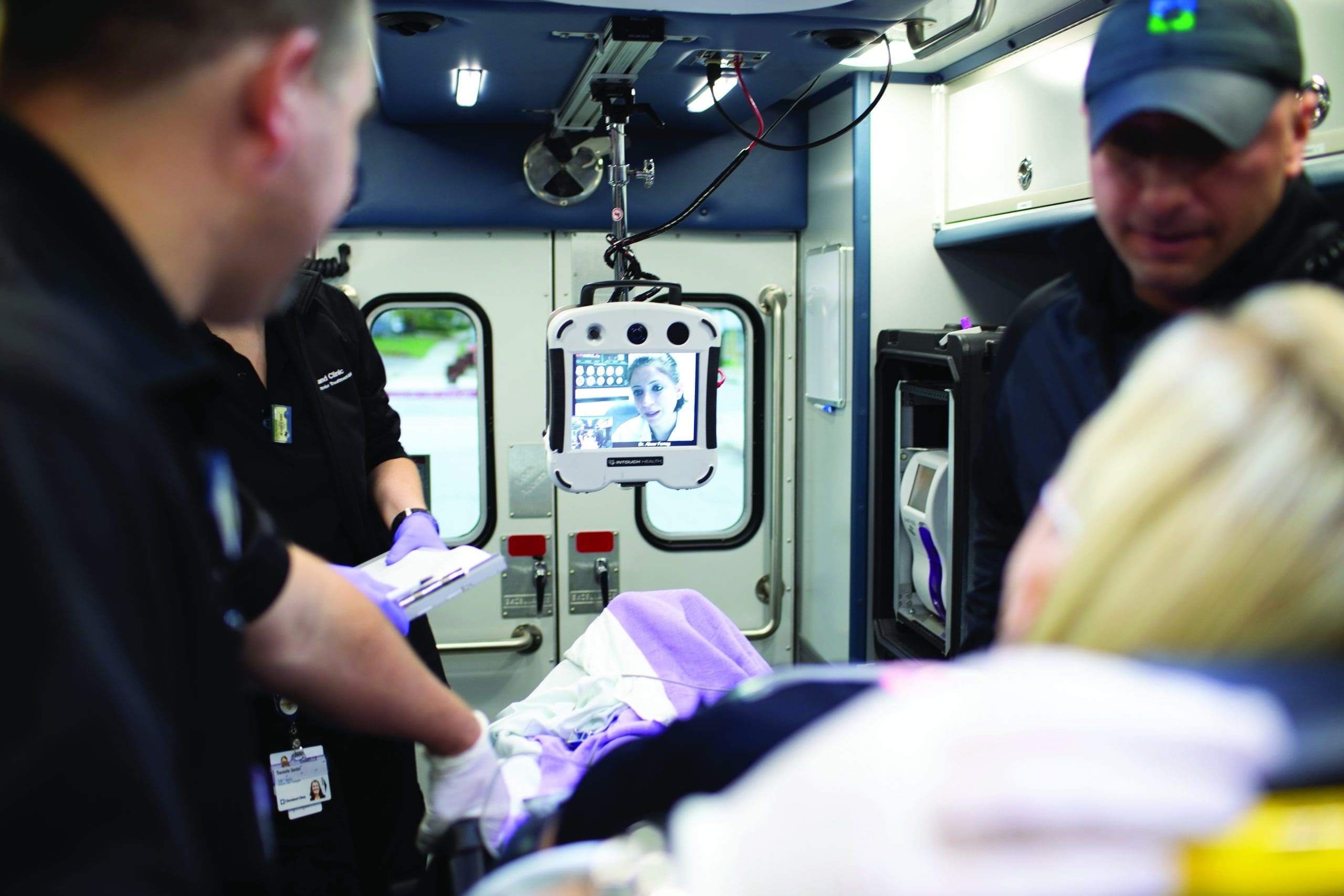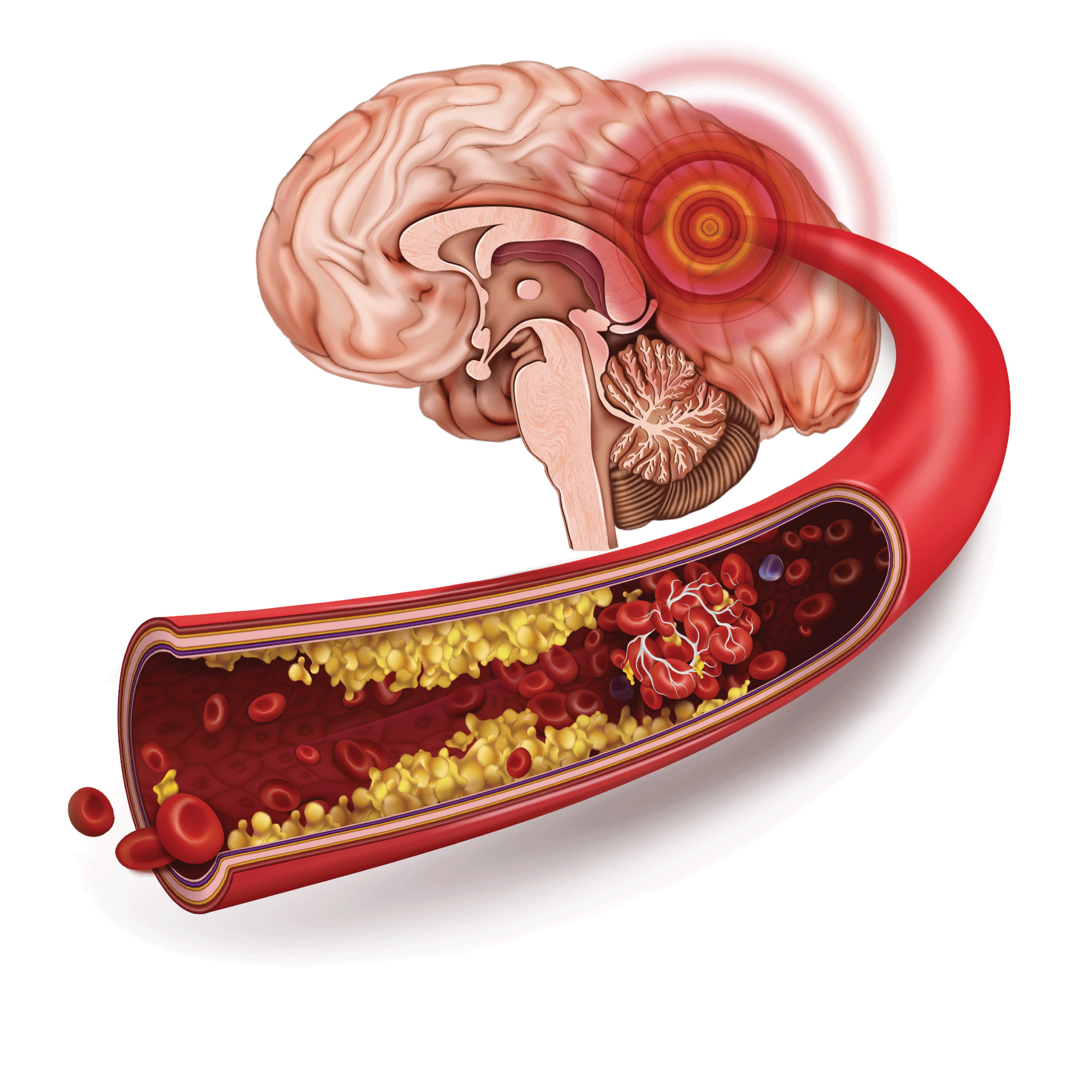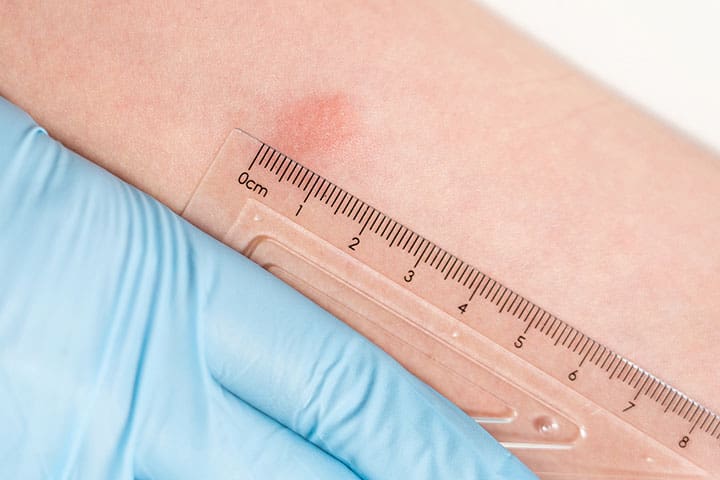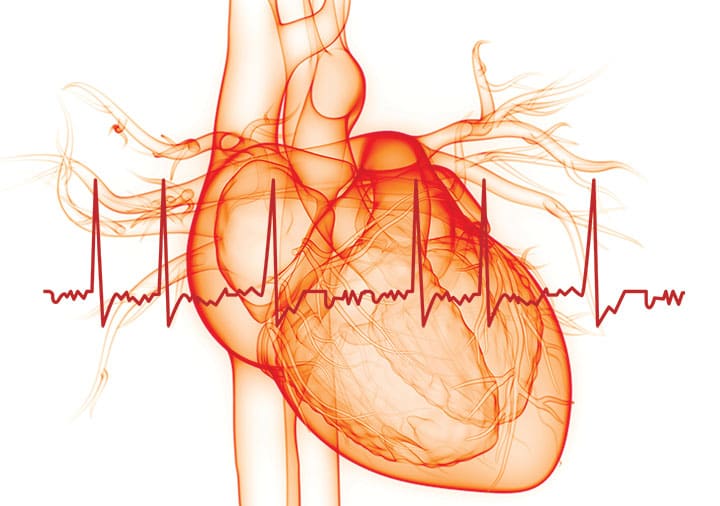Mobile stroke units (MSUs), ambulances equipped to evaluate, diagnose, and treat strokes in the prehospital environment, decrease door-to-thrombolytic administration time, cut door-to-thrombectomy time, reduce the risk of mortality and long-term disability, and improve patient outcomes.

Critical Care Advisor
"*" indicates required fields
*By submitting your e-mail, you are opting in to receiving information from Healthcom Media and Affiliates. The details, including your email address/mobile number, may be used to keep you informed about future products and services
Critical Care
I.V. push medications: An evidenced-based practice guide
I.V. push medications can be particularly dangerous given their immediate bioavailability and the narrow therapeutic dose range, which can make reversing any adverse effects difficult.
Time is brain
According to the American Heart Association (AHA), more than 795,000 Americans experience a stroke each year, and first-time strokes account for over three-quarters of them. An acute stroke, whether ischemic or hemorrhagic, is a clinical emergency that requires urgent intervention
Metformin-associated lactic acidosis
Opioid overdose cardiopulmonary emergencies
Over the past 10 years, opioid-related overdoses and death have steadily increased across the United States. The World Health Organization indicates that about half a million deaths are attributable to drug use globally, with about 70% specifically related to opioids.
Implementing trauma-informed care
Childhood trauma can result in severe mental and physical consequences that reverberate throughout a person’s life. Despite the widespread occurrence of childhood trauma, most nurses remain unaware of its long-term, negative effects. Many nursing tasks—touching a patient’s body, asking questions about past sexual history or abuse—can trigger retraumatization. By implementing trauma-informed care, you can help reduce the risk of re-traumatizing patients.










